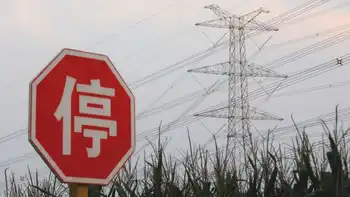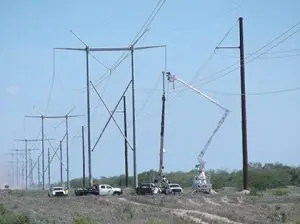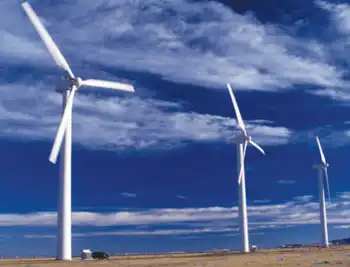New report examines opportunities to expand electricity imports into Ontario
By The Independent Electricity System Operator
High Voltage Maintenance Training Online
Our customized live online or in‑person group training can be delivered to your staff at your location.

- Live Online
- 12 hours Instructor-led
- Group Training Available
The report, prepared by the Independent Electricity System Operator and Ontario Power Authority, concludes that increased reliance on interties through firm imports would require significant investments in transmission infrastructure, but that there are opportunities to enhance the benefits of existing interties that warrant Ontario's consideration.
Currently, 85 percent of all electricity imports into Ontario come from Quebec and Manitoba. Imports are arranged through the existing wholesale electricity market and trade on an hourly basis. These imports enhance reliability and provide Ontario consumers access to lower-cost sources of supply but offer no guarantee that generation outside the province will be available on demand.
The Review of Ontario Interties, published recently, explores the feasibility of firm imports and the impact on Ontario electricity consumers. The report contains a number of recommendations aimed at further exploring the potential for increasing the use of Ontario's interconnections with Quebec and Manitoba.
It concludes that the interties are currently restricted in their ability to import firm power. The ability for Ontario to accommodate firm imports from Quebec is limited to 500 MW, as a result of transmission restrictions in the Ottawa area. This capability will diminish to zero in about 2020. In the Northwest, up to 200 MW from Manitoba could be relied on to meet local needs.
Any significant firm imports from Quebec or Manitoba would require substantial investments in new transmission infrastructure to move the power from provincial boundaries to the Greater Toronto Area where most of Ontario's consumer load is located. The price of new imports into Ontario would be influenced by the price of exports in other markets as well as costs incurred by suppliers if additional investment in transmission and generation is required.
"As part of its mandate, the OPA periodically explores opportunities for ‎medium- to long-term import arrangements with other jurisdictions," said Colin Andersen, CEO of the Ontario Power Authority. "This report identifies opportunities to enhance the use of existing interties to provide clean and cost-effective power to meet Ontario's reliability needs."‎
‎"Imports act as a shock absorber - providing flexibility and helping to maintain reliability in the day-to-day operations of the grid. They also help keep the cost of supply down for ratepayers," said Bruce Campbell, President and CEO of the Independent Electricity System Operator. "This report sets out opportunities to capture increased benefits from our interconnections without sacrificing the benefits they currently provide."
The report makes the following recommendations:
- The OPA and the IESO should work with Hydro-Québec and Manitoba Hydro to explore opportunities for clean imports when such imports would have system benefits and are cost effective for Ontario ratepayers.
- The OPA should continue to evaluate and regularly update the Minister of Energy on the specific parameters for clean-energy import arrangements that would best meet Ontario's needs and circumstances.
- The IESO should allow for capacity import and export commitments in developing the design for a potential capacity market for Ontario.
- In providing for capacity imports and exports, the current availability of the interconnections to support reliability and operating flexibility should be maintained. This will mean that only a portion of intertie capacity could be allocated for capacity imports.
- Opportunities to enhance the benefits of the interties should be pursued by the IESO, including more frequent intertie scheduling and expanded provision of ancillary services, such as operating reserve, through intertie transactions.
The Ontario Power Authority is responsible for ensuring a reliable, sustainable supply of electricity for Ontario. The Independent Electricity System Operator is responsible for managing Ontario's bulk electricity power system and operating the wholesale market.











